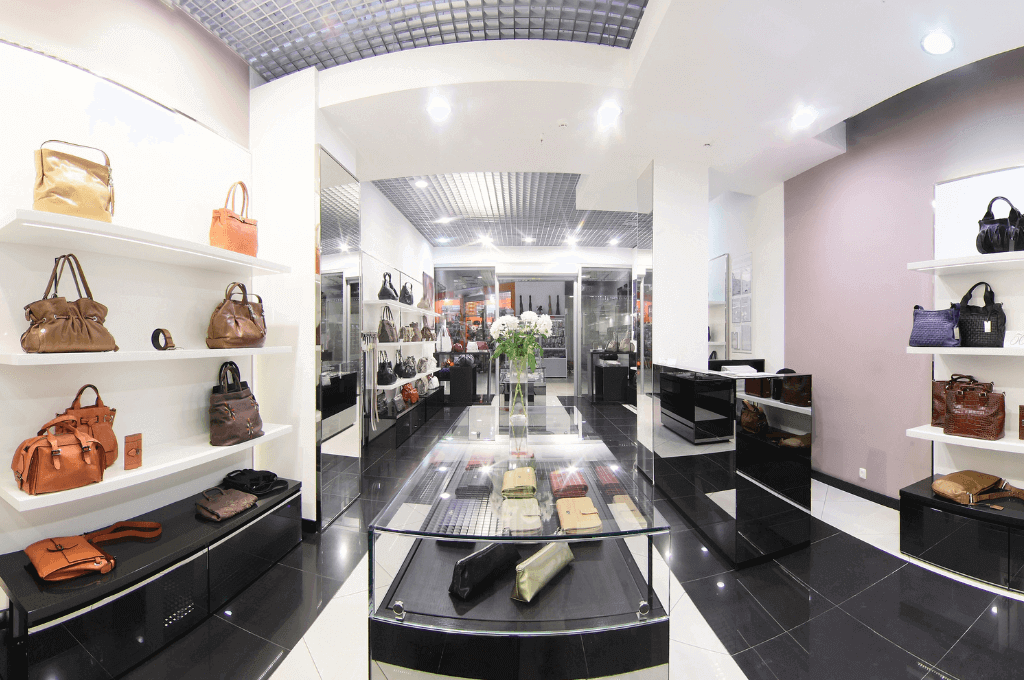London’s luxury retail industry is raising worries about the city’s decreasing allure as a shopping spot. Tourists from the US, China, and the Gulf are leaning more towards Paris and Milan as they offer tax cuts which lower the expense of their purchases. The industry is requesting the government to restore sales-tax-free shopping for international guests following the UK’s departure from the European Union in 2020. This could be a huge benefit for businesses and shoppers alike. Notable companies like Harrods, Harvey Nichols, Cadogan, and The Lanesborough Hotel have joined forces with hundreds of other retailers to encourage Jeremy Hunt, the finance minister, to transform the rules.
Global Blue’s data shows US visitors to the UK have restored their spending to what it was pre-Covid, which is great news when you consider the major contribution they make to the economy. Despite this, British tourists have substantially increased their spending in France, Spain, and Italy. To make matters worse, British customers are now spending more in the EU where they can obtain refunds on the Value Added Tax charged on goods.
Luxury retailers are opting to invest more in their Paris stores located near the iconic Champs Elysees rather than those in London. Industry experts believe that the tax advantage should be reinstated to make sure Britain remains an attractive place for these brands. Without an incentive, the tourism sector – encompassing hotels, restaurants, taxis, museums & theatres – will be adversely impacted. This can have further repercussions for the entire tourism industry.
Also Read: Changi Airport’s Retail Scene Sees Steady Recovery Post-Pandemic
Last year, Burberry, the biggest British luxury retail brand, pointed out that London was falling behind other European cities due to VAT regulations. Last month, Mulberry announced the closure of its Bond Street store, attributing it to the termination of VAT-free shopping which had a notable influence. Sarah Jaconelli, director of New West End Company, voiced her concerns regarding the unintended effects of Britain leaving EU. She pointed out that tourists may opt to visit Europe instead due to the 20% discount they can avail there. It’s clear that this move in itself has proved to be a disadvantage for Britain.
According to Global Blue data, American visitors spending in the UK was consistent with 2019 numbers by 2022. Meanwhile, France and Italy surpassed those numbers significantly with a stunning 256% & 226% respectively. Visiting tourists from the Gulf region experienced a dip in UK sales of 35 percent relative to pre-Covid levels. Conversely, France, Italy and Spain made remarkable recoveries with their sales figures reaching 198%, 166% and 158% respectively compared to 2019.
According to the Global Blue survey of 10,000 Chinese tourists who visited Europe in 2019, Britain’s appeal has decreased significantly. Despite being the 2nd most popular tourist location in Europe among larger countries in 2019, only 42% of people had plans to travel to Britain, a drop from 70% from the previous year. This has resulted in Spain, Italy, and Germany becoming more desirable spots for tourists.
Luxury retail outlets in London have noticed a drop in tourism due to the fact that US, Chinese, and Gulf tourists prefer Paris & Milan as they offer better tax incentives. This has caused London to lose its appeal as a desirable shopping destination. The government has been called upon to restore tax-free shopping for foreign shoppers. According to data, the number of American tourists visiting the UK is back to pre-pandemic levels, lagging behind France and Italy which have achieved twice those numbers. Recent trends in the UK have shown an increased spending on goods from the EU. This is partially due to a tax reimbursement that shoppers can get when purchasing items. However, luxury brands have decided to invest more in their French stores than London, and Britain can remain competitive if they reinstate this tax incentive. According to Global Blue’s survey of 10,000 Chinese tourists who visited Europe in 2019, Britain seemed to be losing its appeal.

















